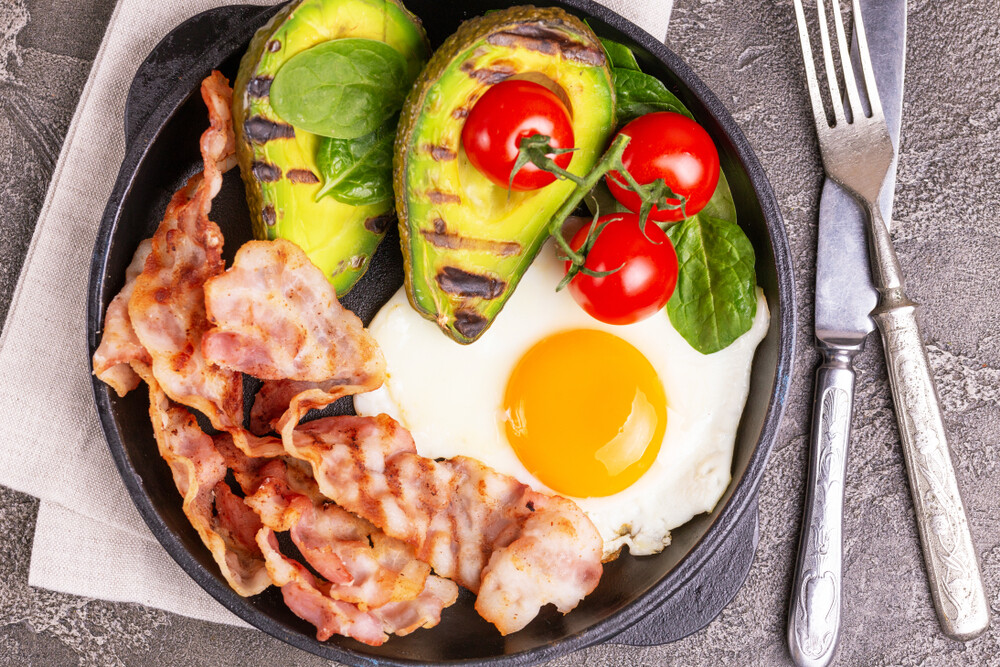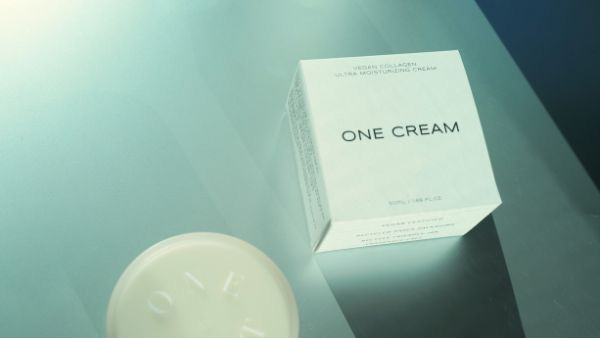Healthy and balanced nutrition is essential in creating a favorable environment to support the immune system. We need an adequate supply of nutrients in order to reach the appropriate level of immune response to fight against various infections, including the new coronavirus (COVID-19).
So, what type of diet is suitable for us under this type of condition?
Keto Diet
The ketogenic diet is a low-carb, high-fat diet which has shown to have multiple health benefits. It aims to reduce carbohydrate intake by replacing it with fat. As a result, the diet improves the body’s efficiency in burning fat for energy. The keto diet is also known for its ability to greatly reduce blood sugar and insulin levels.
There is also robust evidence that shows a reduction in dietary carbohydrate can help improve glycemic control, weight loss, and reduce the need for medical treatment for type-2 diabetes1. Compared to a low-fat diet, low-carb diets are far superior in limiting cardiovascular risk and achieving glucose control.
Is it safe to go on a keto diet during the pandemic?
Statistics by the Centers for Disease Control and Prevention have shown that two of the most common health conditions among COVID-19 patients are cardiovascular disease (32%) and diabetes (30%)1. Death is also recorded to be 12-times higher among patients with these underlying health conditions compared to those without.
It seems that individuals with underlying conditions of diabetes and cardiovascular diseases are at higher risk of health complications from COVID-19 infections. Since there are strong evidences that low-carb diets can significantly reduce the risks of obtaining these health conditions, adopting a keto diet can be a great choice for us during the pandemic.

Here are other ways how adapting a keto diet can improve your immune system:
1. Improve nutrient intake
As we mentioned earlier, having healthy and balanced nutrition is a key determinant of our immune response. BMJ Nutrition, Prevention, and Health published an article on how different kinds of micronutrients, such as vitamins A, B2, B6, B12, C, D, E, iron, folate, zinc, and magnesium are involved in the mechanism of our immune system. Some examples include:
- Vitamin A and D directly regulates gene expression and the development of immune cells2.
- Antioxidant vitamins, such as vitamins C and E, can help protect against damaging reactive oxygen species created by innate immune responses2.
- Multiple studies also found that zinc shortened the duration of the common cold and decreased the incidence and prevalence of pneumonia2.
The keto diet, rich in leafy greens, nuts, seeds, and fruits, will be able to provide a healthy nutrient-dense food combination that should include all the important nutrients (both macro- and micro-) to boost your immune system.
2. Maintaining a healthy gut
The gut microbiota contributes positively to the immune system by creating a barrier against the colonization of pathogens2. Research has also shown that COVID-19 patients may experience gastrointestinal symptoms and dysbiosis of gut microbiota2. This highlights the importance of maintaining a healthy gut.
A study in 2019 released in Cell Press shows that a higher level of ketones is linked to an increased intestinal stem cell production in mice, which helps heal the gut from damages3. Therefore, keto diet serves as a great tool in maintaining overall gut health. A low-carb keto diet also provides less sugar (hence, food) for pathogenic gut bacteria to grow.
With this in mind, we see keto diet as an excellent nutrient-rich choice during this pandemic. If you would like to find out more about how to adopt the keto diet, Eatology’s Keto Light Diet meal plan will provide you with the opportunity to try it and help you transition to a more nutritious diet. You can also check out our featured keto recipe!
Other articles we think you will be interested in:
Keto Diet for Beginners
Keto vs Paleo Diet – Which one is the right one for me?
References:
1. Demasi, M., 2020. COVID-19 and metabolic syndrome: could diet be the key?. BMJ Evidence-Based Medicine, pp.bmjebm-2020-111451.
2. Calder, P., 2020. Nutrition, immunity and COVID-19. BMJ Nutrition, Prevention & Health, 3(1), pp.74-92.
3. Cheng CW, Biton M, Haber AL, et al. Ketone Body Signaling Mediates Intestinal Stem Cell Homeostasis and Adaptation to Diet. Cell. 2019;178(5):1115-1131.e15. doi:10.1016/j.cell.2019.07.048


